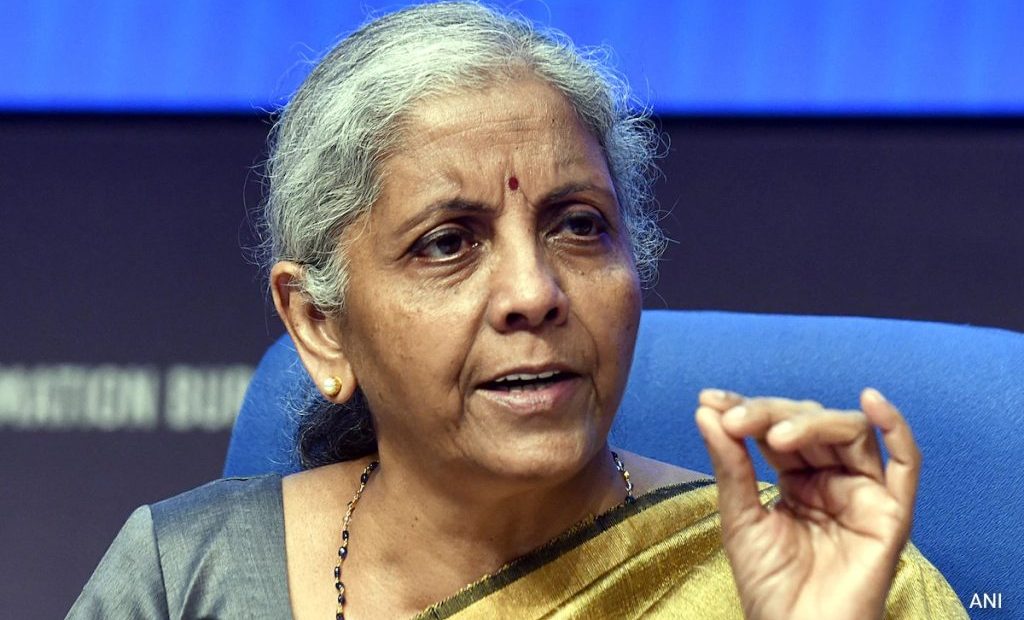
Cabinet Set to Approve New Income Tax Bill for Reforms
The Union Cabinet is set to approve a new Income Tax Bill on February 7, with plans to introduce it in the Lok Sabha during the ongoing Budget session. This bill seeks to replace the existing Income Tax Act of 1961 with a more streamlined and taxpayer-friendly system.
Objective of the New Tax Bill
The proposed legislation is aimed at simplifying the taxation framework, making compliance easier for individuals and businesses. The government seeks to modernize the tax system by eliminating complexities, reducing the number of provisions, and making tax laws more comprehensible.
Key Features of the Proposed Reform
Although the full details will be disclosed after Cabinet approval, the new bill is expected to include:
- Simplified tax structures to reduce ambiguity and improve ease of compliance.
- Revised tax slabs and exemptions to align with evolving economic conditions.
- Digitization of compliance processes to streamline tax filing and reduce paperwork.
Implementation Timeline
Following the anticipated Cabinet approval, the bill will be presented in the Lok Sabha on February 10. If passed, the changes could come into effect from the next financial year, providing taxpayers with a clear timeline for transitioning to the new framework.
Conclusion
The introduction of a new Income Tax Bill marks a significant move toward tax reforms in India. By replacing the outdated 1961 Act, the government aims to enhance efficiency, improve compliance, and foster a more transparent and simplified tax environment. The reform is expected to benefit taxpayers and businesses by making the taxation process more straightforward and adaptable to modern economic needs.


















